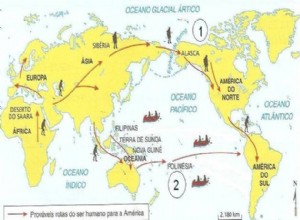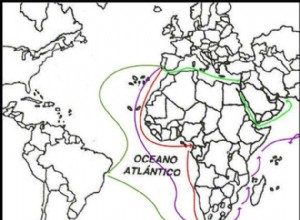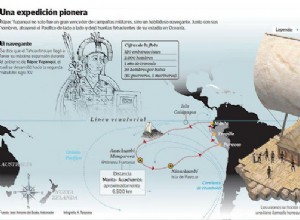Thefirst peoples of America refer to those who lived in America before the arrival of the European. They are also called pre-Columbian, as they are located in the period before the landing of Christopher Columbus in 1492. Examples of pre-Columbian peoples are the Incas, Aztecs, Mayans, Guarani, Tu




